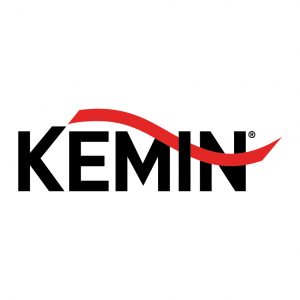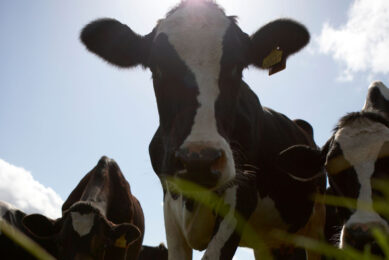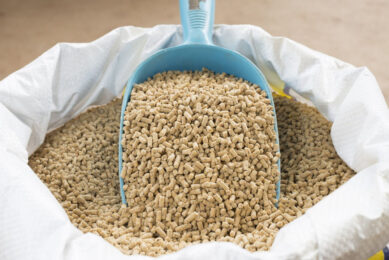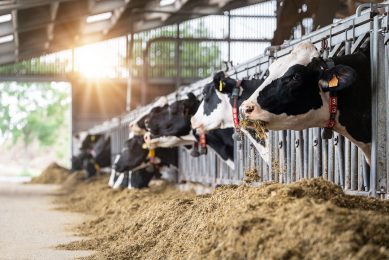Selection criteria for trace mineral supplementation
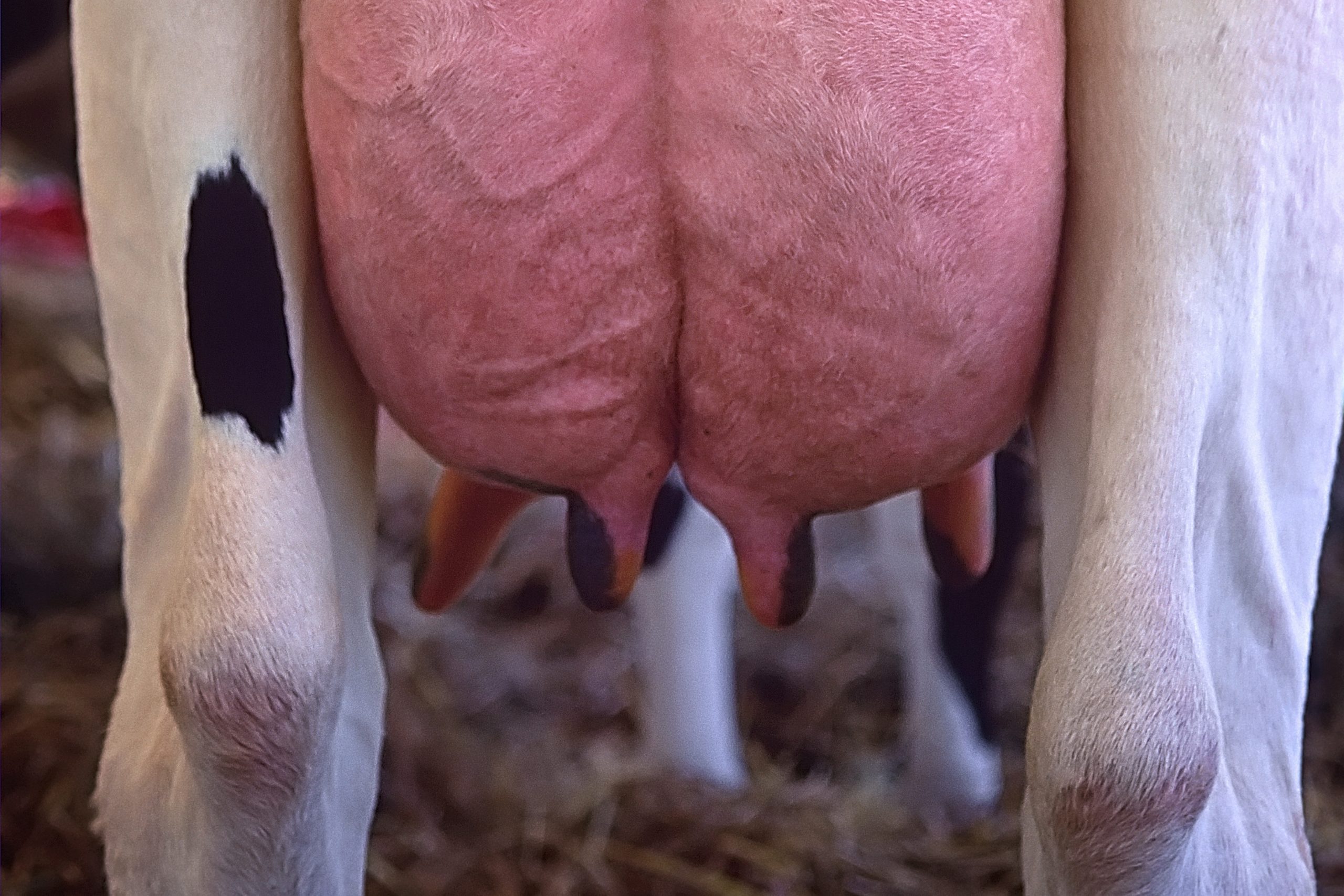
Trace Minerals are required by all the animal species. In general, the concentration of trace minerals (Zinc, Copper, Manganese etc) present in most of the animal feeds is inadequate for growth, milk production, reproduction and reproductive performance. If trace mineral requirement is not met, deficiency symptoms are likely to occur. Poor bioavailability of various minerals and also mineral’s interaction create the necessity for use of highly bioavailable sources of minerals among feed producers, premix producers and farmers.
In Europe, it is identified that zinc excretion in to the environment through animal nutrition is 14599 tonnes per year (EFSA Journal, 2014). EFSA is aiming to reduce 20% zinc excretion coming in to the environment through animal nutrition.
Kemin has taken the lead towards creating awareness for understanding the basic selection criteria of minerals. Ideal mineral quality and characteristics are based on following parameters:
- Solubility
- Dissociation
- Absorption
- Retention
Solubility of zinc sources
Solubility of minerals increases the chances of timely dissociation of minerals. Along with this, dissociation of mineral at optimum rate before reaching to the absorption site (small intestine) also plays a critical role in selection of minerals.
An in vitro experiment was conducted to evaluate the uptake and solubility of zinc provided as Kemtrace Zn MP and zinc sulphate by caco-2 cells after ruminal and intestinal digestion. For the uptake experiment, caco-2 cells were grown in plastic tissue culture wells using standard tissue culture method. Test solution of 200 µM zinc was prepared using Kemtrace Zn MP and Zn sulphate, separately.
Research showed that zinc from the product was more soluble than zinc sulphate; similarly zinc uptake was also greater from digestion containing 200 µM zinc from Kemtrace Zn MP, Figure 1.
Absorption and retention of zinc sources
The bioavailability of minerals is difficult to assume with the higher absorption only, because it takes in to account only excretion of mineral in the faeces. It is equally important to check urinary excretion of mineral to arrive to the bioavailability or retention of mineral for biological significance.
The major concern with the source of zinc is its lower retention in animal body and higher excretion through urine and faeces. If the supplemental zinc is excreted in the environment, it not only affects profitability of the farmer but also creates concern for the environmental pollution.
In a research trial conducted on lambs, 93.1 % Zn was excreted in Zinc sulphate group where as in the Kemtrace Zn MP group, 75.1 % zinc was excreted. The net retained zinc (mg/kg) was significantly higher in Kemtrace Zn MP group, Table 1.
Difference in plasma zinc concentration
In another trial on Holstein cows, change in plasma zinc concentration was studied. Cows were fed 300 ppm of supplemental zinc either from zinc sulphate or Kemtrace Zn MP. There were 4 cows per treatment. Plasma serum zinc concentration was measured at 0, 4 and 8 hours post-bolusing for 3 days. Kemtrace Zn MP had the significantly higher serum zinc level than zinc sulphate group, Table 2.
It can be concluded that feeding zinc based on above mentioned criteria, can not only help in reducing environmental excretion of zinc but also improve retention of minerals in animal’s body for various biological functions.


